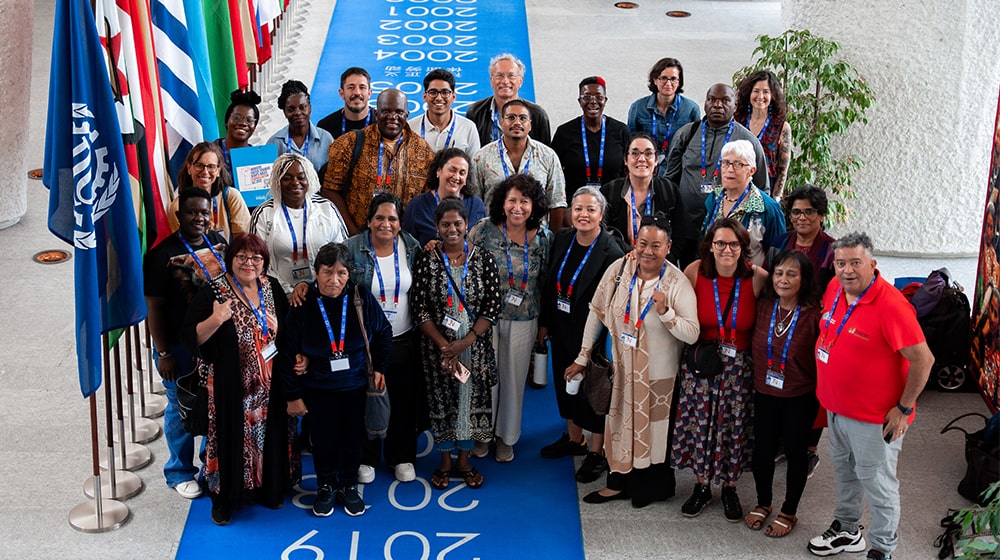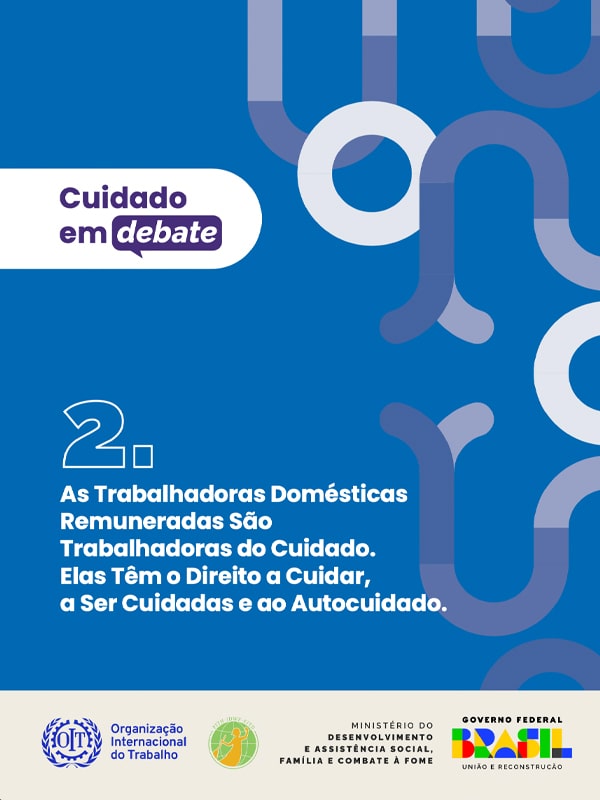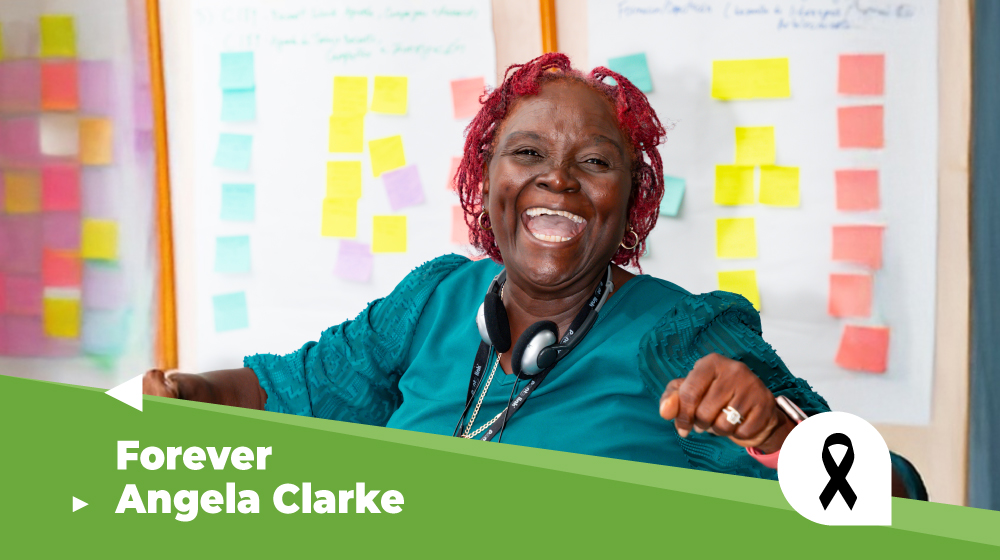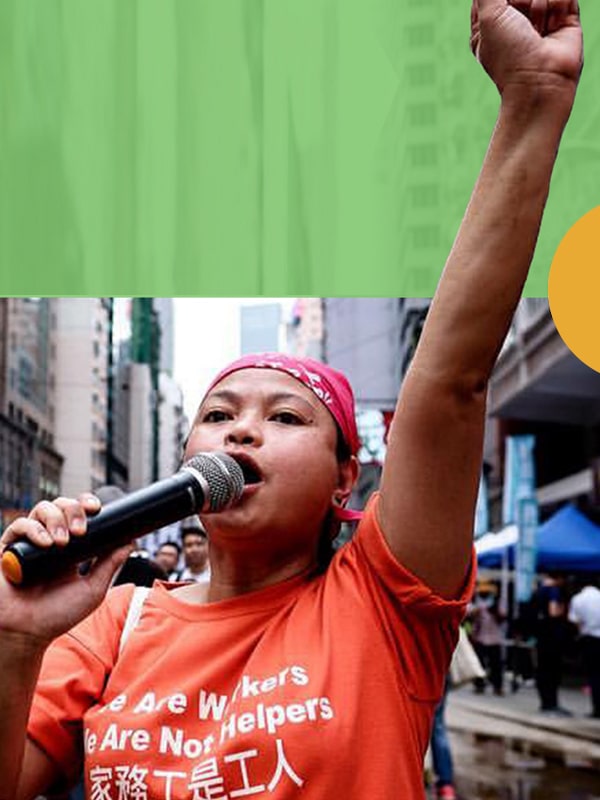Interview with María Elena Valenzuela

The care work performed by domestic workers makes all other work possible and is therefore vital for the functioning and well-being of households and families. However, societies continue to place a low social and economic value on it, which is often considered unskilled work and an extension of the unpaid care work traditionally assigned to women. This historical undervaluation and invisibility of paid domestic work has served as an excuse to justify the low wages and precarious working conditions that prevail in the sector.
Today, in the face of the growing global demand for care and the shortage of accessible and quality public care services, domestic workers play an increasingly crucial role in the care economy: only those directly employed by private households account for 25% of the global care workforce. To ensure the right of all citizens to receive quality care and, at the same time, to guarantee decent work for those who provide it, the adoption of comprehensive public policies that promote the recognition, valuation, and subsequent formalization of domestic workers is essential.
A fundamental first step towards dignifying paid domestic work is skills recognition, training, and education linked to formal employment opportunities. But what exactly do we mean when we talk about skills recognition? Why is it so important for improving the working conditions of domestic workers? How can it be implemented efficiently without leaving anyone behind? Expert María Elena Valenzuela answers these questions and sheds light on a central issue in care discussions.
*María Elena Valenzuela is a sociologist and specialist in gender studies, employment, domestic work, migration, and public policies, with a long professional career in organizations such as the ILO and ECLAC, as well as in the government of Chile.







